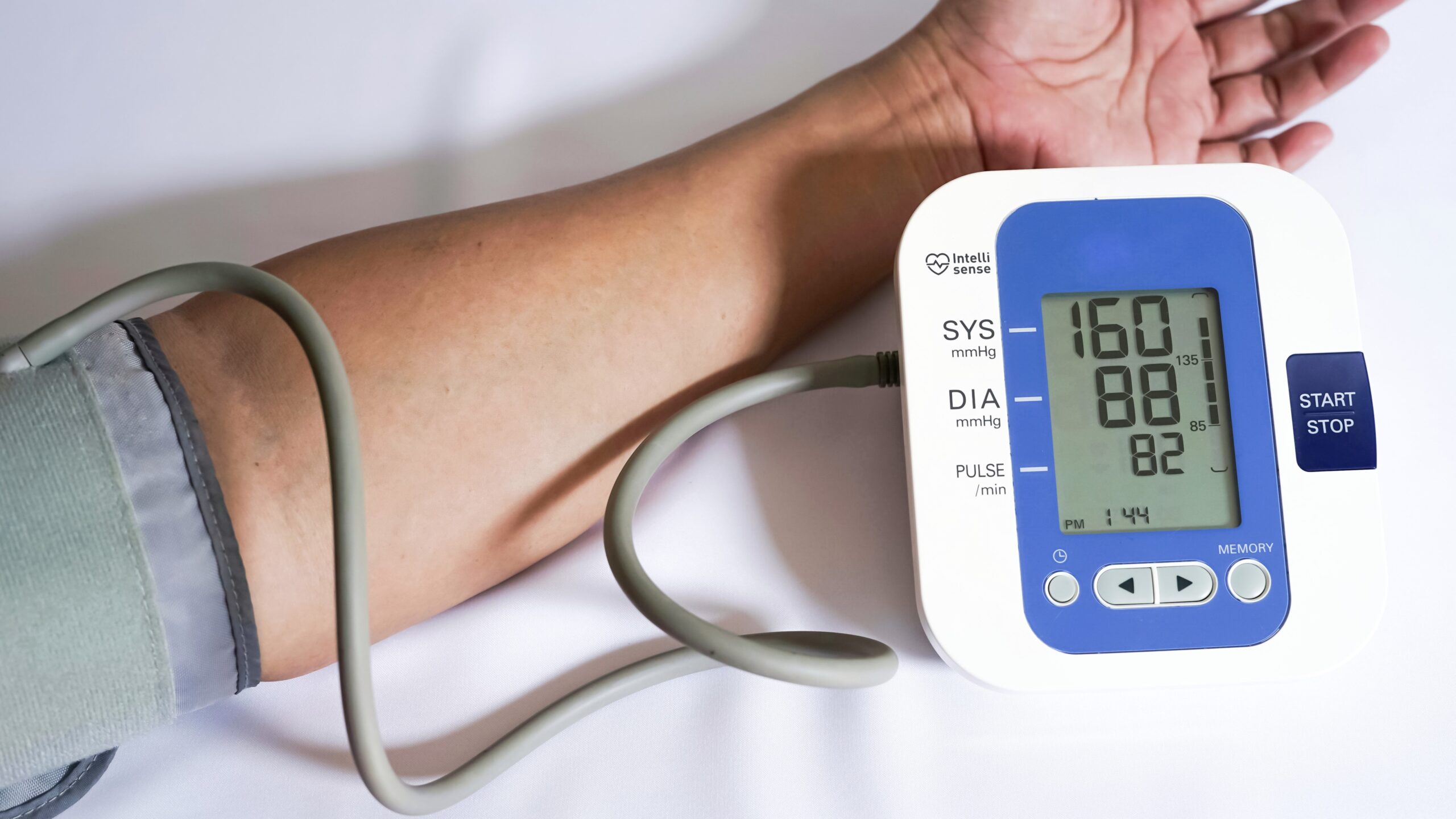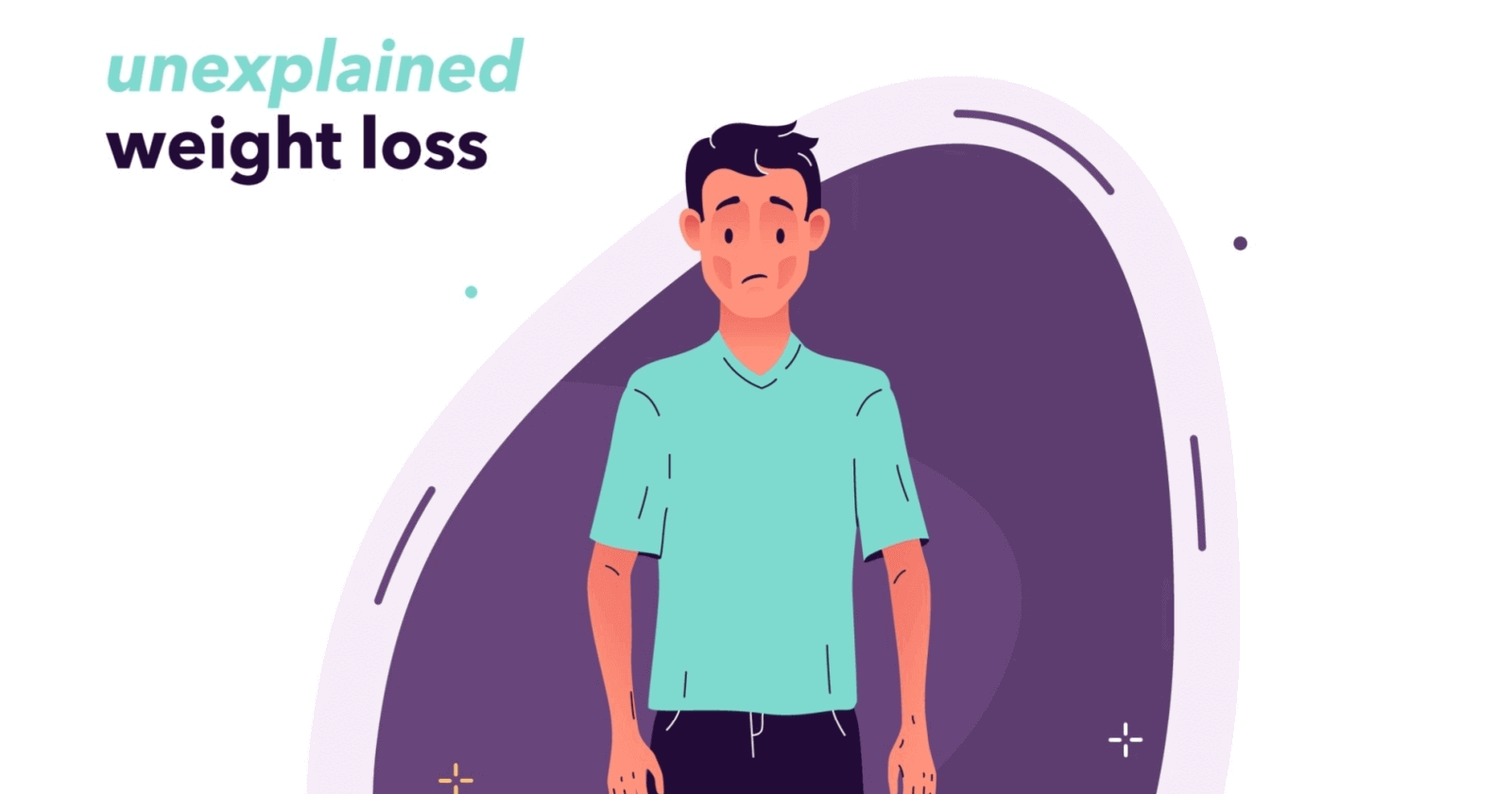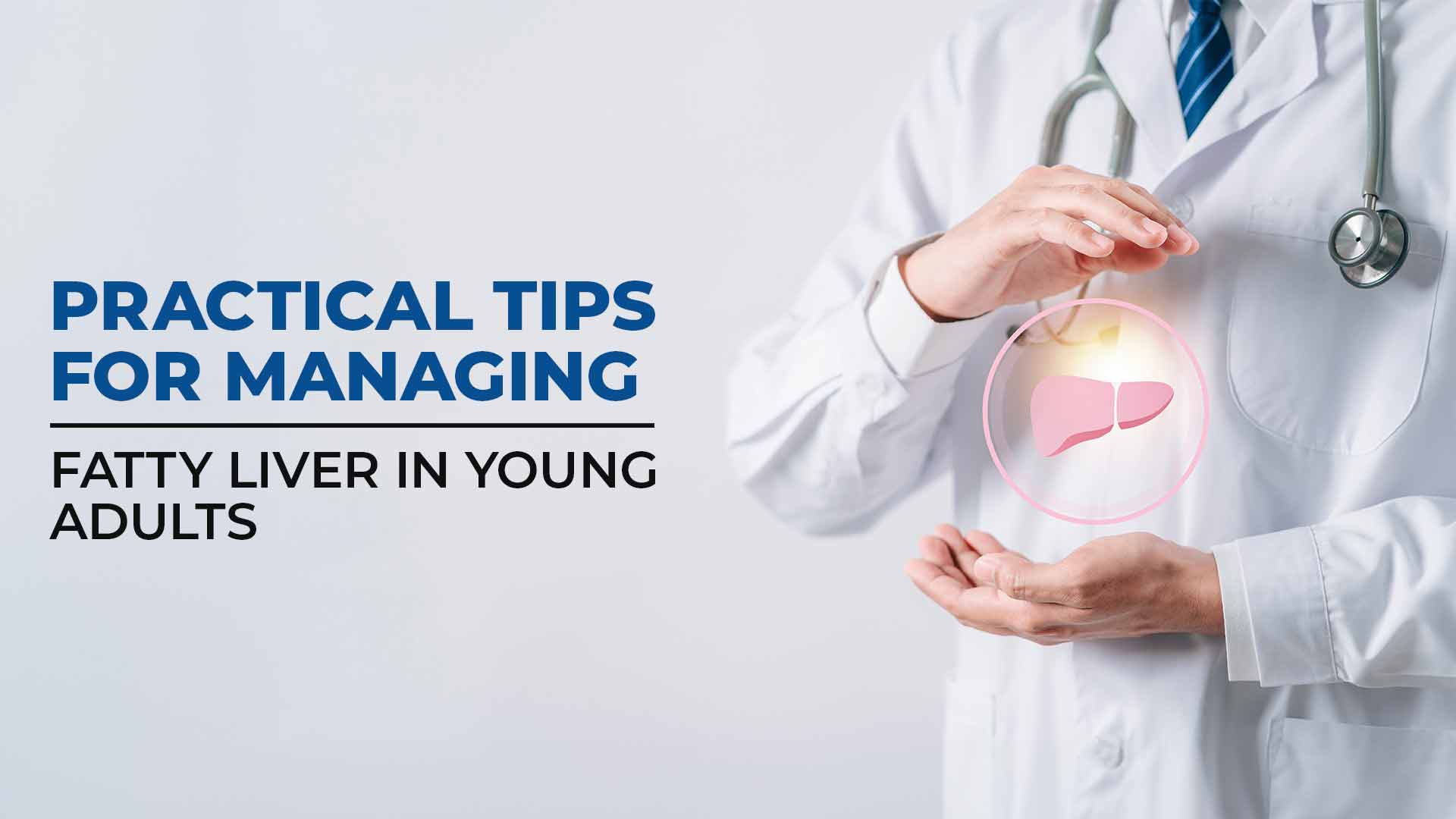High blood pressure, often referred to as hypertension, is a silent yet serious health condition. Despite having no noticeable symptoms, it can lead to severe complications if left unchecked. A WHO expert provides insight into what exactly happens in the body when blood pressure rises.
The Mechanics of High Blood Pressure
When blood pressure increases, the force of the blood against the artery walls intensifies. This heightened pressure can cause damage to blood vessels over time, making them less elastic and more susceptible to blockages. Here’s a breakdown of the process:
- Arteries Under Stress: Increased pressure forces the heart to pump harder, causing the artery walls to thicken and stiffen. This condition, known as arteriosclerosis, restricts blood flow.
- Heart Strain: The heart works overtime to circulate blood, which can lead to an enlarged left heart (left ventricular hypertrophy) and eventually heart failure.
- Organ Damage: Prolonged hypertension can damage vital organs. The kidneys, for instance, may suffer from impaired filtration, leading to chronic kidney disease. The brain is also at risk, with high blood pressure being a major contributor to strokes and cognitive decline.
- Microvascular Effects: Smaller blood vessels, like those in the eyes and kidneys, can be particularly affected. Retinal damage, or hypertensive retinopathy, can result in vision problems or blindness. In the kidneys, microvascular damage can escalate into kidney failure.
Why High Blood Pressure Is Symptomless
Unlike some medical conditions, hypertension typically doesn’t cause immediate or noticeable symptoms. This is why it’s often dubbed the “silent killer.” People can have high blood pressure for years without knowing, which underscores the importance of regular check-ups.
Prevention and Management
Given its asymptomatic nature, monitoring and managing blood pressure is crucial. Lifestyle changes such as a balanced diet, regular exercise, reducing salt intake, and avoiding tobacco and excessive alcohol can help maintain healthy blood pressure levels. Medications prescribed by healthcare professionals are also vital for those diagnosed with hypertension.
By understanding the invisible yet significant impact of high blood pressure on the body, individuals can take proactive steps to safeguard their health. Regular monitoring and healthy habits are key to preventing the long-term consequences of this silent condition.




